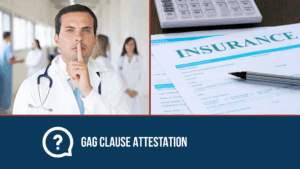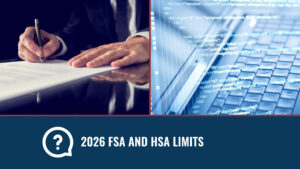Pennsylvania, along with states governed by the NCCI, have allowed a COVID-19 exception for the classification of employees on policies in force between March 1, 2020 through December 31, 2020.
The PA exception allows an employee’s job duties to be reclassified with the following key items:
- Temporarily reclassified to Clerical Office worker during the emergency orders.
- Requires separate, accurate verifiable records are maintained. If separate records are not retained, the employer cannot use this exception.
- Once normal business operations resume, appropriate classifications should be applied.
The updated PA Basic Manual with these changes can be found by clicking here. Under the “News & Updates” section refer to date 5/5/20 and click on the link for circular 1740.
The NCCI exemption is as follows:
- Payments to paid furloughed employees must be assigned to Code 0012, in accordance with the Statistical Plan.
- Requires separate, accurate verifiable records are maintained. If separate records are not retained, the employer cannot use this exception.
- If an employee is requested to perform any duties for an employer, the employee is not deemed a paid furloughed employee for any period of time they are performing duties for the employer. If the employee is not deemed a paid furloughed employee, payroll must be assigned to the classification applicable to the work that is being performed.
Information regarding these changes can be found by clicking here. Please refer to Question #3.




